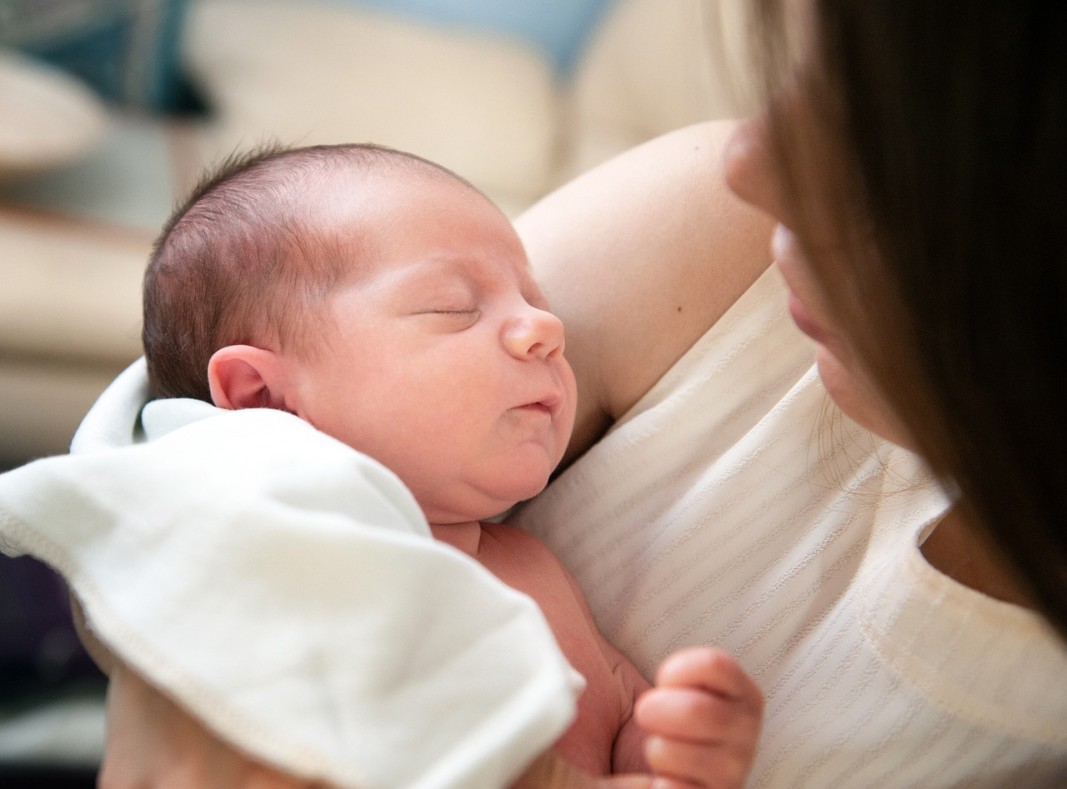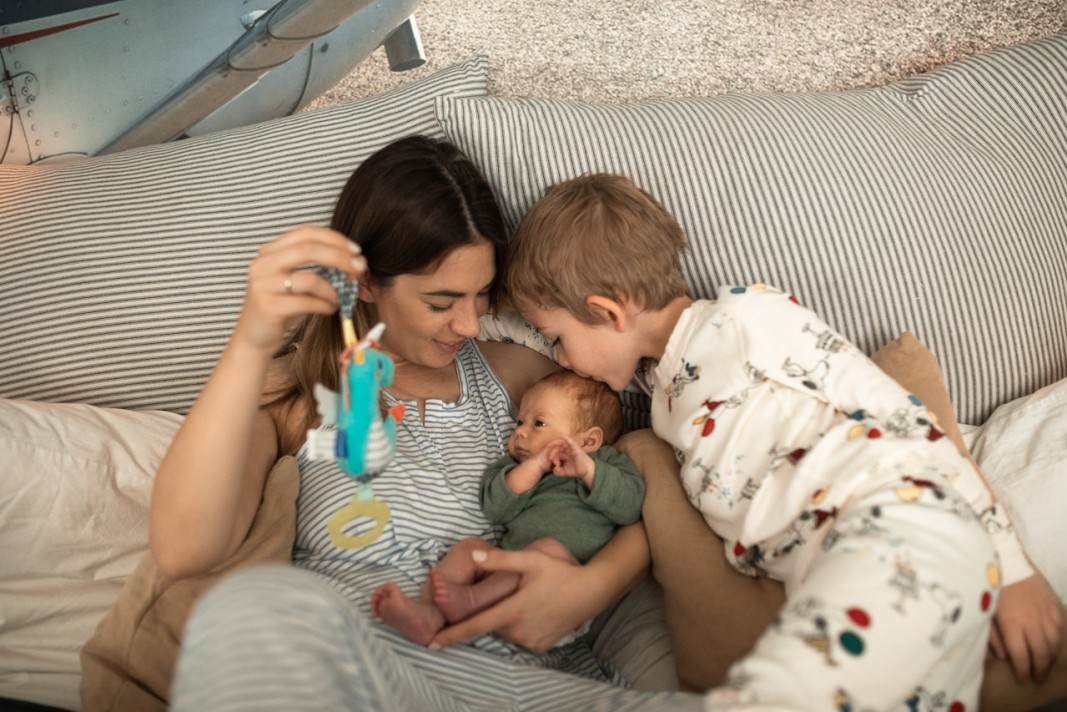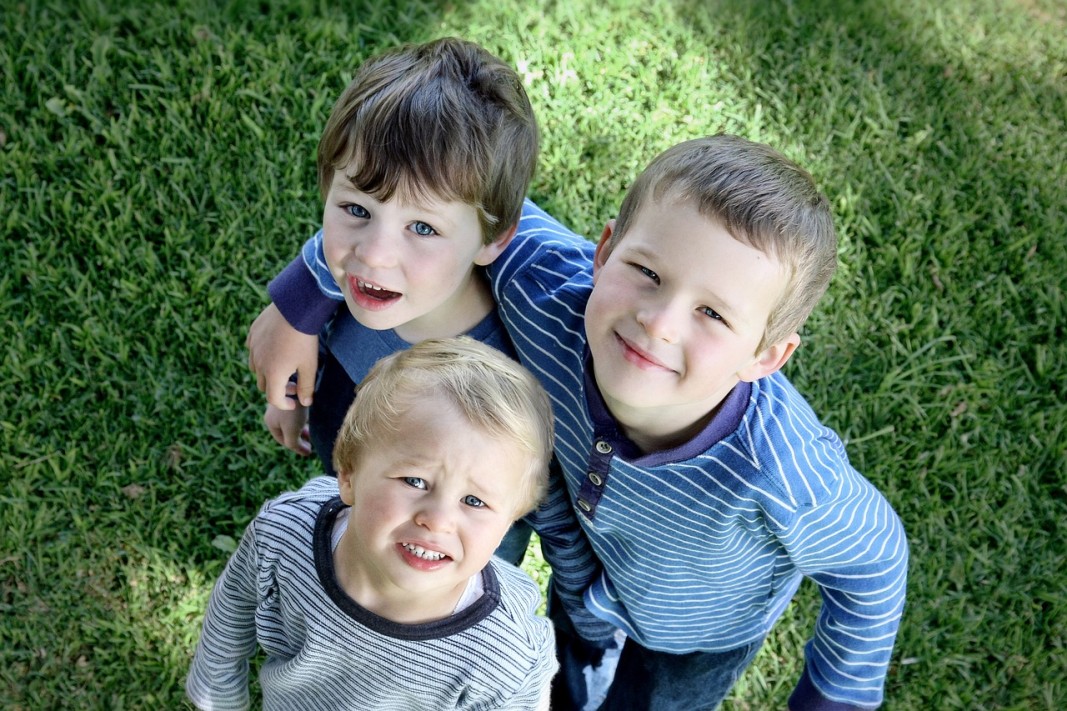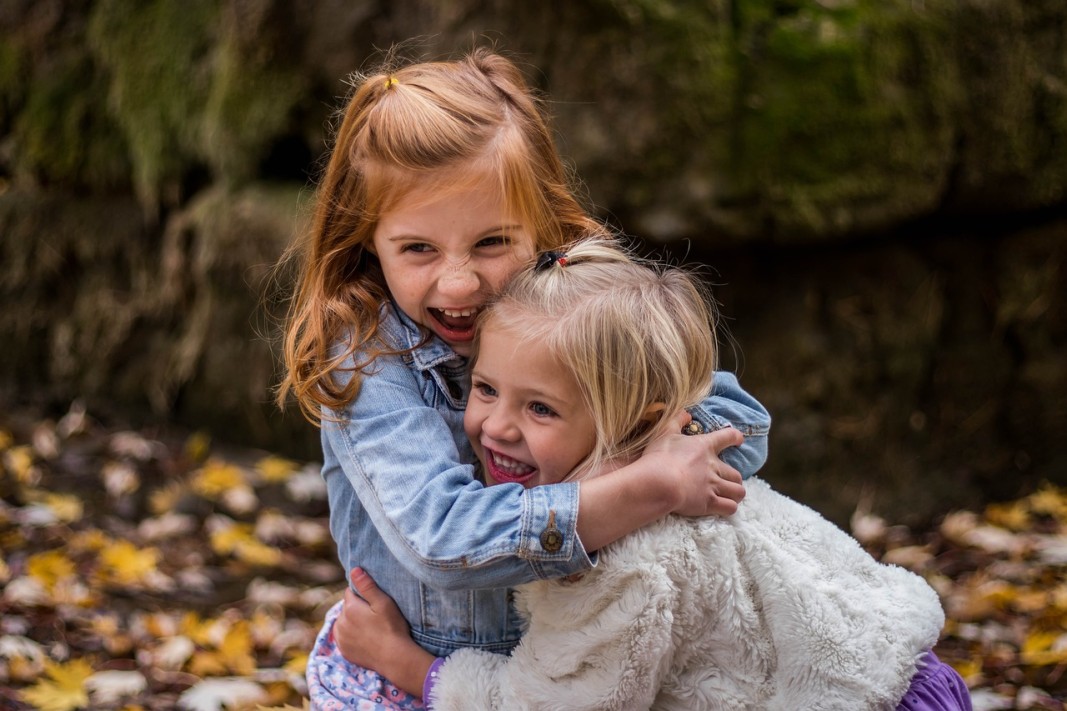Chosing the name of a newborn is important not only to the little person and her/his parents, but also to society, as naming traditions are part of the national culture. That is why in most European countries naming is regulated by law. In Bulgaria, however, legislation is liberal. When the time comes to name a child, Bulgarians have the freedom to let their imagination run wild.
Traditions of giving a name to a child were once strictly followed by the patriarchal society. Tradition had it that the firstborn was to be named after the father or mother of the husband, depending on whether it was a boy or a girl, of course. If the offspring was born on the feast of a saint, it was named directly after the saint. Children were never given the name of a deceased relative unless he had departed this world at a very young age.
In the old days, there were some rather curious traditions - if a family had only girls, they would name the next baby girl Dosta, Stiga (both meaning "enough" - ed.), to convince God to stop sending the family only female children. Or if many of the children in a family had died, they chose an unattractive name for the newborn, such as Chernyo, Groznyo ("of dark complexion", "ugly"), to drive the evil forces away.
 Traditional Bulgarian names are of Slavic or Proto-Bulgarian origin, as well as those associated with the Christian religion. But nowadays globalization has turned naming traditions topsy-turvy.
Traditional Bulgarian names are of Slavic or Proto-Bulgarian origin, as well as those associated with the Christian religion. But nowadays globalization has turned naming traditions topsy-turvy.
"Nowadays things are quite different," says Prof. Dr. Anna Choleva-Dimitrova, PhD, from the Bulgarian Language Institute at the Bulgarian Academy of Sciences. More and more families have only one child - who should they name it first so as not to offend relatives? And we rank among the first in Europe in cohabitation without marriage. So young people no longer feel bound by the tradition of naming their babies after the grandparents. Other trends have emerged that erase this tradition of continuing the family name. Besides, many Bulgarians live abroad where they conform to local norms and influences. Our research in recent years shows that in Bulgaria the tradition is respected by 20-30%. But the foreign names that enter are between 30-40%."
 The most common tendency is to look for foreign forms of Bulgarian names. Thus Hristo becomes Christian, Todor - Theodore, Nikolinka turns into Nicole, Stefka - into Stephanie, Dobrinka - into Dolores, etc. At the same time, the older variants of names, such as Johan and Ioanna instead of Ivan and Ivanka, etc., came into fashion. You will hardly meet a young person with a name in diminutive form like Toncho, Genko, Yordanka, Siyka, etc. At the same time, some of the prevalent female names until the end of the 20th century such as Maria, Elena or Boryana are gradually "pushed aside" by the foreign names like Nicole, Sofia, Alexandra, Gabriela, etc.
The most common tendency is to look for foreign forms of Bulgarian names. Thus Hristo becomes Christian, Todor - Theodore, Nikolinka turns into Nicole, Stefka - into Stephanie, Dobrinka - into Dolores, etc. At the same time, the older variants of names, such as Johan and Ioanna instead of Ivan and Ivanka, etc., came into fashion. You will hardly meet a young person with a name in diminutive form like Toncho, Genko, Yordanka, Siyka, etc. At the same time, some of the prevalent female names until the end of the 20th century such as Maria, Elena or Boryana are gradually "pushed aside" by the foreign names like Nicole, Sofia, Alexandra, Gabriela, etc.
 But when it comes to their male offspring, Bulgarians still choose traditional Bulgarian names. Although there is a fashion in this too: the names of Bulgarian rulers - Kaloyan, Ivan-Alexander, Boris, etc. - are becoming more and more common.
But when it comes to their male offspring, Bulgarians still choose traditional Bulgarian names. Although there is a fashion in this too: the names of Bulgarian rulers - Kaloyan, Ivan-Alexander, Boris, etc. - are becoming more and more common.
"Creativity is much greater in female personal names," says Prof. Choleva-Dimirova. This has given the world a number of new names such as Kristiandra, Oda, Milozara, Devaila... Parents should be asked what they had in mind when they named their children this way. Sometimes these are compound names, after the first letters of the names of the two grandmothers, or a mash-up of two names, such as Dejamira or Emima, or just a figment of the imagination. There have always been such curious names, especially today when families have fewer children and want the child's name to be distinctive. There is also a tendency to keep names as short as possible, such as Thea, Nia, Mia... One much-loved name is Aya, for example, and there has even been a name of just one letter "Я" (Ya).
 Another trend is for girls to lose the letter "a" from their surname (traditionally ending in -ov, -ev for men and -ova, -eva for women), thus there are Bulgarian women whose father's name and surname end in a way that is traditional for men, says Prof. Dr. Choleva-Dimitrova.
Another trend is for girls to lose the letter "a" from their surname (traditionally ending in -ov, -ev for men and -ova, -eva for women), thus there are Bulgarian women whose father's name and surname end in a way that is traditional for men, says Prof. Dr. Choleva-Dimitrova.
Photos: pixabay, pexels
English version: Elizabeth RadkovaThe traditional Bulgarian Christmas picnic, organized by the Bulgarian Cultural and Social Association "Rodina - Sydney" and the Bulgarian School "Dr. Petar Beron", will take place on December 8 , 2024 in St. Leonards Park in Sydney. "We have..
The Bulgarian national minority in Albania is one of the largest in the country, according to data from the latest official population census. A total of 7,057 individuals identified as Bulgarians. For comparison, 23,000 people identified as Greeks,..
From today, residents of Stara Zagora, young and old, can send their letter to Santa Claus. A letterbox has been set up in the foyer of the city's State Puppet Theatre to collect messages for Father Christmas. The cultural institution guarantees that..
An innovation for the treatment of diabetic foot ulcer using the patient's own tissue and artificial intelligence has been implemented at the University..
Over 3.5 million Ukrainians have arrived in or passed through Bulgaria since the beginning of the war. Nearly 200,000 people have found temporary..
At the Bulgarian Embassy in London, Prof. Bettany Hughes presented excerpts from the new BBC series - Wonders of Bulgaria. Prof. Bettany..

+359 2 9336 661
